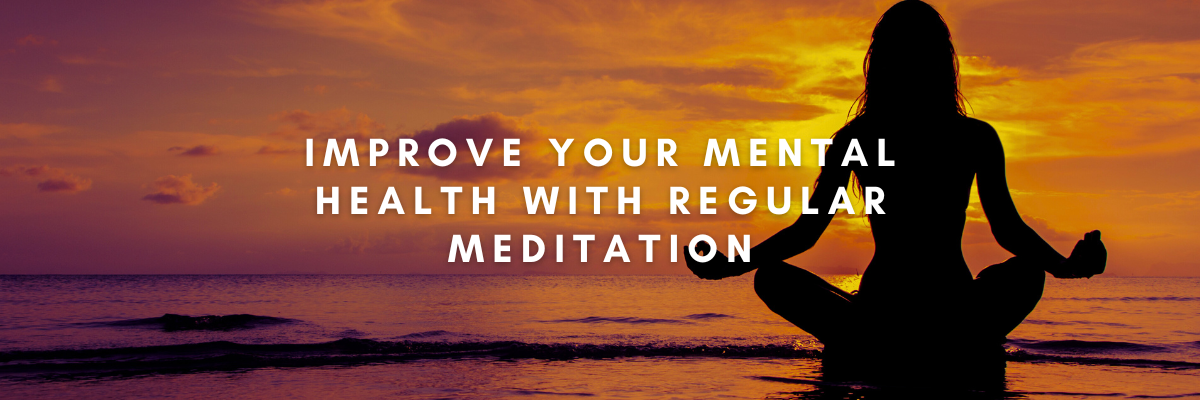
If you are on a fitness roll this summer, you don’t want to “fall” back into old habits (pardon the pun). As the weather gets colder, you might find it challenging to maintain the same fitness routine. Or maybe you took the summer off, and you are ready to kick off a fall campaign to get in shape. Whatever your goals or motivations, here are five tips to keep you on track.
You may be a morning workout person in the summer as you try to beat the heat, but you might need to rethink that as the weather gets colder and the days get shorter. Try an after-work workout to see how you adjust and which one feels better. Pay particular attention to what makes you feel more energized. If you are so tired after a morning workout that you find it difficult to make it through the day, then perhaps you should go for an evening routine. But make sure you can still fall asleep after an evening workout. Once you determine which time of day works best for you, stick to a routine to maintain your results.
Another great tip is to take advantage of the cooler temps to enjoy more outdoor activities like hiking, biking, walking, or running. Incorporate some weekend hikes or just an after dinner walk around the neighborhood a few nights a week. It doesn’t have to be complicated or expensive, just get outside and move!
While you may find yourself motivated to get started or keep your fitness routine going, make sure you set realistic expectations. It’s about progress and not perfection. Setting your expectations too high can set you up for failure so give yourself some grace and know that some days, the weather may not cooperate.
Another great way to keep motivated is to take advantage of all the great fall produce to help fuel your body as you set this new pattern of fitness routine. Nutrition is a key piece of the puzzle so load up on all the great fall fruits and veggies.
Another key piece of advice is to keep some at-home workouts in your back pocket. The weather won’t always cooperate and sometimes you just won’t feel like going out early or making that after work workout a reality. Another way to set yourself up for success is to create a few living room exercise routines. There are dozens, if not hundreds, of workout apps and YouTube videos that can help you maintain your fitness goals while at home.
Whatever you do, just make sure to keep moving! While it might be tempting to curl up under a warm blanket, Netflix and chill, make sure you are incorporating your fitness goals into your day so you can maintain the fitness wins you achieved this summer.






